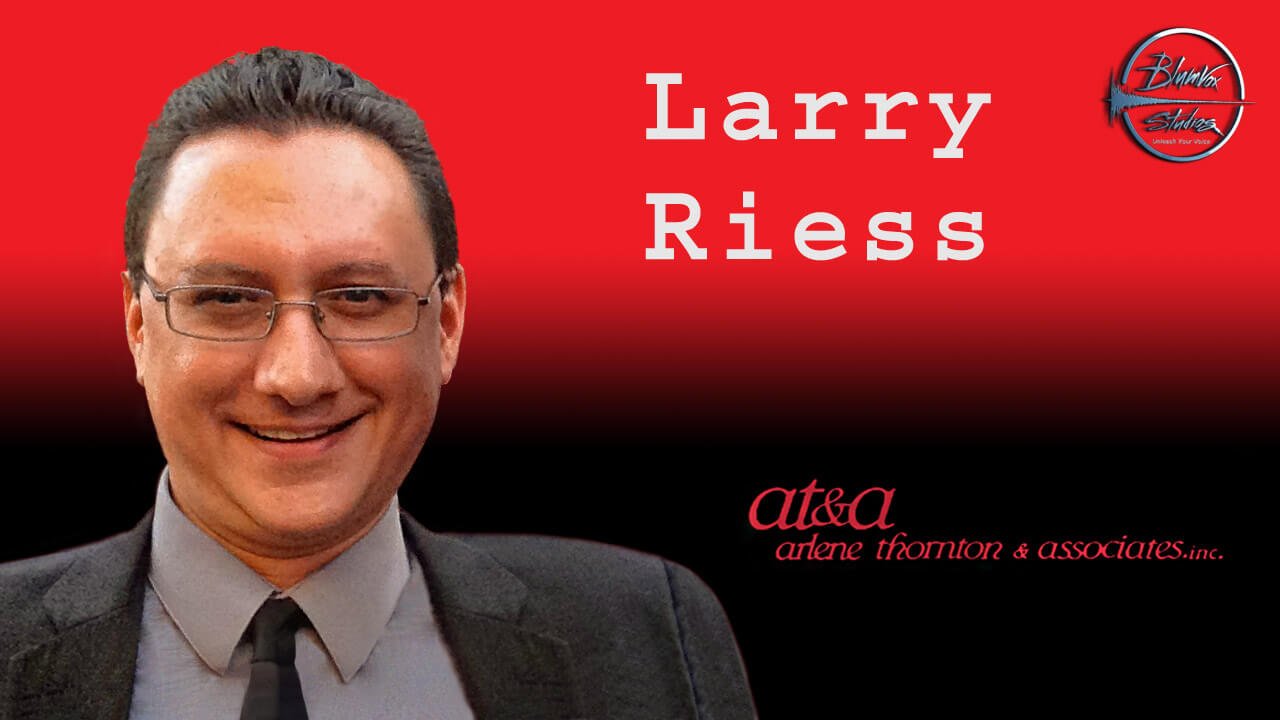[et_pb_section fb_built=”1″ admin_label=”BLOG NAVIGATION – COPY ME” _builder_version=”4.9.1″ _module_preset=”default” background_color=”#ffffff” custom_padding=”2px||0px|||” da_disable_devices=”off|off|off” locked=”off” da_is_popup=”off” da_exit_intent=”off” da_has_close=”on” da_alt_close=”off” da_dark_close=”off” da_not_modal=”on” da_is_singular=”off” da_with_loader=”off” da_has_shadow=”on”][et_pb_row column_structure=”1_3,1_3,1_3″ _builder_version=”4.9.1″ _module_preset=”default” width=”95%” max_width=”638px” custom_padding=”||4px|||”][et_pb_column type=”1_3″ _builder_version=”4.7.7″ _module_preset=”default”][et_pb_text admin_label=”Go to Previous” _builder_version=”4.9.1″ _module_preset=”default”]
[/et_pb_text][/et_pb_column][et_pb_column type=”1_3″ _builder_version=”4.7.7″ _module_preset=”default”][et_pb_text admin_label=”Go to Archive” _builder_version=”4.9.1″ _module_preset=”default”]
[/et_pb_text][/et_pb_column][et_pb_column type=”1_3″ _builder_version=”4.7.7″ _module_preset=”default”][et_pb_text admin_label=”Go to Next” _builder_version=”4.9.1″ _module_preset=”default”]
[/et_pb_text][/et_pb_column][/et_pb_row][/et_pb_section][et_pb_section fb_built=”1″ _builder_version=”4.9.1″ background_color=”rgba(234,228,211,0)” custom_padding=”0px||||false|false” da_disable_devices=”off|off|off” da_is_popup=”off” da_exit_intent=”off” da_has_close=”on” da_alt_close=”off” da_dark_close=”off” da_not_modal=”on” da_is_singular=”off” da_with_loader=”off” da_has_shadow=”on”][et_pb_row column_structure=”3_4,1_4″ _builder_version=”3.25″ background_color=”rgba(10,10,10,0)”][et_pb_column type=”3_4″ _builder_version=”3.0.47″ custom_padding=”|||” custom_padding__hover=”|||”][et_pb_post_title date=”off” categories=”off” comments=”off” _builder_version=”4.4.8″][/et_pb_post_title][et_pb_text admin_label=”BLOG CONTENT” _builder_version=”4.9.2″ hover_enabled=”0″ z_index_tablet=”500″ text_text_shadow_horizontal_length_tablet=”0px” text_text_shadow_vertical_length_tablet=”0px” text_text_shadow_blur_strength_tablet=”1px” link_text_shadow_horizontal_length_tablet=”0px” link_text_shadow_vertical_length_tablet=”0px” link_text_shadow_blur_strength_tablet=”1px” ul_text_shadow_horizontal_length_tablet=”0px” ul_text_shadow_vertical_length_tablet=”0px” ul_text_shadow_blur_strength_tablet=”1px” ol_text_shadow_horizontal_length_tablet=”0px” ol_text_shadow_vertical_length_tablet=”0px” ol_text_shadow_blur_strength_tablet=”1px” quote_text_shadow_horizontal_length_tablet=”0px” quote_text_shadow_vertical_length_tablet=”0px” quote_text_shadow_blur_strength_tablet=”1px” header_text_shadow_horizontal_length_tablet=”0px” header_text_shadow_vertical_length_tablet=”0px” header_text_shadow_blur_strength_tablet=”1px” header_2_text_shadow_horizontal_length_tablet=”0px” header_2_text_shadow_vertical_length_tablet=”0px” header_2_text_shadow_blur_strength_tablet=”1px” header_3_text_shadow_horizontal_length_tablet=”0px” header_3_text_shadow_vertical_length_tablet=”0px” header_3_text_shadow_blur_strength_tablet=”1px” header_4_text_shadow_horizontal_length_tablet=”0px” header_4_text_shadow_vertical_length_tablet=”0px” header_4_text_shadow_blur_strength_tablet=”1px” header_5_text_shadow_horizontal_length_tablet=”0px” header_5_text_shadow_vertical_length_tablet=”0px” header_5_text_shadow_blur_strength_tablet=”1px” header_6_text_shadow_horizontal_length_tablet=”0px” header_6_text_shadow_vertical_length_tablet=”0px” header_6_text_shadow_blur_strength_tablet=”1px” box_shadow_horizontal_tablet=”0px” box_shadow_vertical_tablet=”0px” box_shadow_blur_tablet=”40px” box_shadow_spread_tablet=”0px” sticky_enabled=”0″]
How Do I get A Voiceover Agent? It’s one of the most common questions I’m asked. There’s so much to think about when it comes to choosing an Agent, getting an Agent, and even how to get IN FRONT of an Agent in the first place. While I can’t give you everything here, I can give you some of the key points – from the point of view of someone inside the Agency.
As part of our new Special Guest Voiceover Teaching Series, we brought in Larry Reiss, from my Agent’s Office – Arlene Thornton & Associates. Arlene has been my Agent for the better part of 15 years and Larry has vast experience in casting, engineering and directing. Larry has been a part of my life for a long time now as well.
The following is a snippet taken from Class #31 of my Teaching Series. We now have over 40 classes in the archive, each a couple hours in length, and the most recent ones include some of the biggest legends and industry experts in this business! Check it out here if you’re interested!
Ok, so here’s some GREAT tips Larry gave our students that night – your sneak peek into a class:
Ask A Voiceover Agent!
Should I go large or small when it comes to choosing an Agent?
A larger Agency will have a larger list of clients. As someone who worked on the other side of it – in Casting – I can tell you that sometimes a cap will be put on submissions. If the opportunity goes out to 10-15 agencies and they can only send back 3-5 of their best, you have to think about where that might leave you. If you’re with a bigger house and on a long list of talent that might leave you towards the bottom.
Another plus to working with a smaller agency is there’s less likelihood of being passed over in other ways by a bigger name celebrity. Smaller houses are more willing to invest their time in their talent to help them to grow and succeed. It isn’t that the larger houses don’t care it’s that they have a large talent base. That means they may represent a lot of big name celebrities. It also means they’re often expected to drop everything when those guys walk in.
Steve: That’s happened to so many of my friends! You can easily get lost in the shuffle as they put more of their attention on a given on-camera celebrity.
When you go with a smaller house it’s possible your name will get in front of more casting directors a little bit more. Many times casting directors want to spread the wealth.
What do you guys typically look for when signing a Voice Actor?
Ideally, someone who has a demo, since that’s what we’ll use as a marketing tool to get them out there to casting places. We also want a unionized actor, since we’re a franchised Agency and 95% of our work is union projects.
That’s not to say we won’t work with a non-union actor or someone without a reel, but these are huge pluses if you want to obtain good agency representation.
When you’re listening to a Demo, what are you typically looking for?
We’re listening for truth. The truth of who that person is. We don’t need to hear all the ways that a person can sound like other people out there. Don’t try to be all things to all people, it’s not necessary.
Plenty of people are known for their range, but there’s also a lot of great voice actors who’re known for their ability to convey an emotion. That might make you think “Well, isn’t that gonna be a boring demo?”. Not necessarily. You might be someone who can do sarcasm really well! While that’s you in truth, you also might like horses, or be in a rock band.
There are multiple ways you can flesh out a demo, ways that convey your uniqueness and who you are.
I know from experience that a casting director doesn’t want to have to think “Can this guy do this?”. They want to hear you doing it, being it. So represent you on your demo. Whatever that sounds like, and trust that there’s a place for you.
Steve: Yes, finding your unique voice. We’ve talked about that a lot in classes. The you that you are when nobody’s paying attention. That’s what sets you apart, so don’t go trying to be someone else.
What is the role of a Voiceover Agent in this relationship and what do you provide for your clients to help them get hired?
First and foremost the job of a Voiceover Agent is to procure opportunities, to get auditions, and then the other side is to secure the work and handle the booking aspect of it.
We don’t just sit around and wait for auditions to come through the doors, although they do all day long, we market our actors. When we get a breakdown from a casting director we pitch whoever we think is best for it. Most of the time they’ll listen because we have pretty good relationships with everybody. They trust us, it’s a relationship built on trust. They know we’re only going to send them somebody that is right for the job.
What do you expect of your clients?
Availability
Your Voiceover Agent needs to know where you are, and what you’re doing – even if it’s just meeting a friend for lunch. Invariably that would be the time when they’ll book you to go out to an outside casting director! If you can’t make it – remember there may only be 10 or so slots – then you may lose your chance at the slot entirely.
We understand that most voice actors do this as a supplemental part of their income, and certainly they have other things going on, but just let us know so we can work around it.
Steve: This is where keeping a Calendar comes in guys, I always stress that Voiceover is a Business and you have to treat it like one.
Be able to take direction, and change direction
Don’t be too married to your intention. You’re going to go with what you want to do first, we know that, but we’re going to be looking for other things too. It’s like a game of catch, and until we throw back and forth we can’t really know what tricks and spins you got.
Everybody is unique, and there’s a process of getting to know you that we have to go through. We need to know where and how to represent you, so be open to change.
Steve: Yes, and Larry is really great at tossing you new ideas. Say “Yes” to being exercised! Go with it! You may discover something really unique about yourself that you weren’t aware of. Flexibility is key.
And lastly – have a good attitude
A good Voiceover Agent is going to hire someone they have a pleasurable experience with. They’ll also hire those people back for the same reason.
[/et_pb_text][/et_pb_column][et_pb_column type=”1_4″ _builder_version=”3.0.47″ custom_padding=”|||” custom_padding__hover=”|||”][et_pb_sidebar area=”et_pb_widget_area_1″ _builder_version=”4.4.2″ background_color=”rgba(233,228,213,0)” text_orientation=”center” locked=”off”][/et_pb_sidebar][/et_pb_column][/et_pb_row][/et_pb_section]


This is very helpful, despite the fact that I’m not ready to get an agent yet. I’ll definitely know what to do, and what steps to take when I’m ready eventually though!
Great article! I learned a lot. It makes sense to try for a smaller agent if you want more auditions. This will help me when I try to find an agent.
this is one of those wait until you are ready stages of a voice actors journey. much like a demo, if you dont know if you are ready, you arent. We all want agents because an agent = more auditions and hopefully more jobs. i didnt get my 1st agent until i was about 2 yrs into my journey and it was an agent in my own market (seattle) and without a demo. demos are our calling cards and thus can be very expensive to do correctly. I have steps to my plan but can go off book if needbe. Chuck Duran is already to produce my commercial demo as soon as I can relocate but until that happens, im studying, practicing, auditioning and as i continue down this road, with patience and gratitude, I know that the breakthrough is coming. hey who knows, some day, when im ready, maybe i will be Steves agent-mate time will tell.
When agents pitch their clients, do the clients make the choice whether or not they accept it? Also, does the actor go in blind to what they are reading/recording, or do they get to read part of the role ahead of time and THEN decide to accept the role?
Hey Abby! In general, agents get their clients the auditions, negotiate the contracts, and let the client know when they have booked something and when it is scheduled. Most actors can’t be picky unless there are sort of moral reasons to not participate in a project such as the content being particularly disagreeable (i.e. hate speech, commercials for something that goes against the actor’s values, etc.). Otherwise, generally an agent will simply inform the client that they booked something, confirm that they can and will do the job, and schedule it around other jobs they have booked for the client. A script given to the actor beforehand is never a guarantee but can sometimes be sent the night before the job.
That being said, if an actor walks in to do a job and finds that they had been misled somewhat and that the content does truly go against their values, they may choose to apologize for their time but make it clear that they feel they can’t be a part of it. This should be a rare occurrence, as it will likely cut ties with the studio, director, etc. however if the job really does call for this, it is likely that this severed relationship may be for the best. Studios and directors do talk though so it is always a good idea to take jobs that are offered to you if possible!